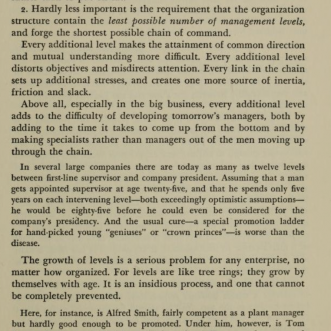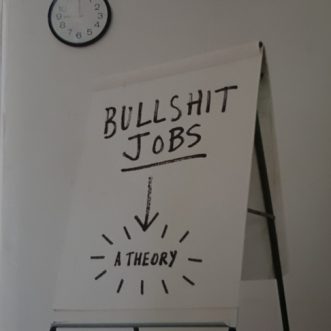
Slow reading
I read a lot, and I read fast. But sometimes it’s nice to ‘slow down’, by reading something longer – a sequence of books that encompass individual stories as part of a larger whole.
It could be non-fiction, like Hobsbawm’s ‘Age of’ series, or crime fiction such as the Martin Beck series by Maj Sjöwall and Per Wahlöö, or Reginald Hill’s Dalziel & Pascoe novels. Or it could even be children’s fiction, like Harry Potter or this series from Susan Cooper.
Whatever it is, there’s something very satisfying about working through individual books, adding to the bigger picture as you go, seeing the main characters grow, enjoying the references back to earlier stories or characters, or seeing the same story told from a different perspective, or simply noticing how the author’s writing style develops. It feels more rounded, more rich, more true to life than a simple jog from ‘once upon a time’ to ‘happy ever after’.
Perhaps I enjoy them because in these works the authors create an entire tapestry, not just a single thread. An ecosystem, rather than a single process. An ecosystem that can generate many different stories, not just the ones that happen to have been told.
There’s nothing wrong with telling a simple tale, or with building an ecosystem. You just need to know which one you’re aiming for.
Much like a business then.









